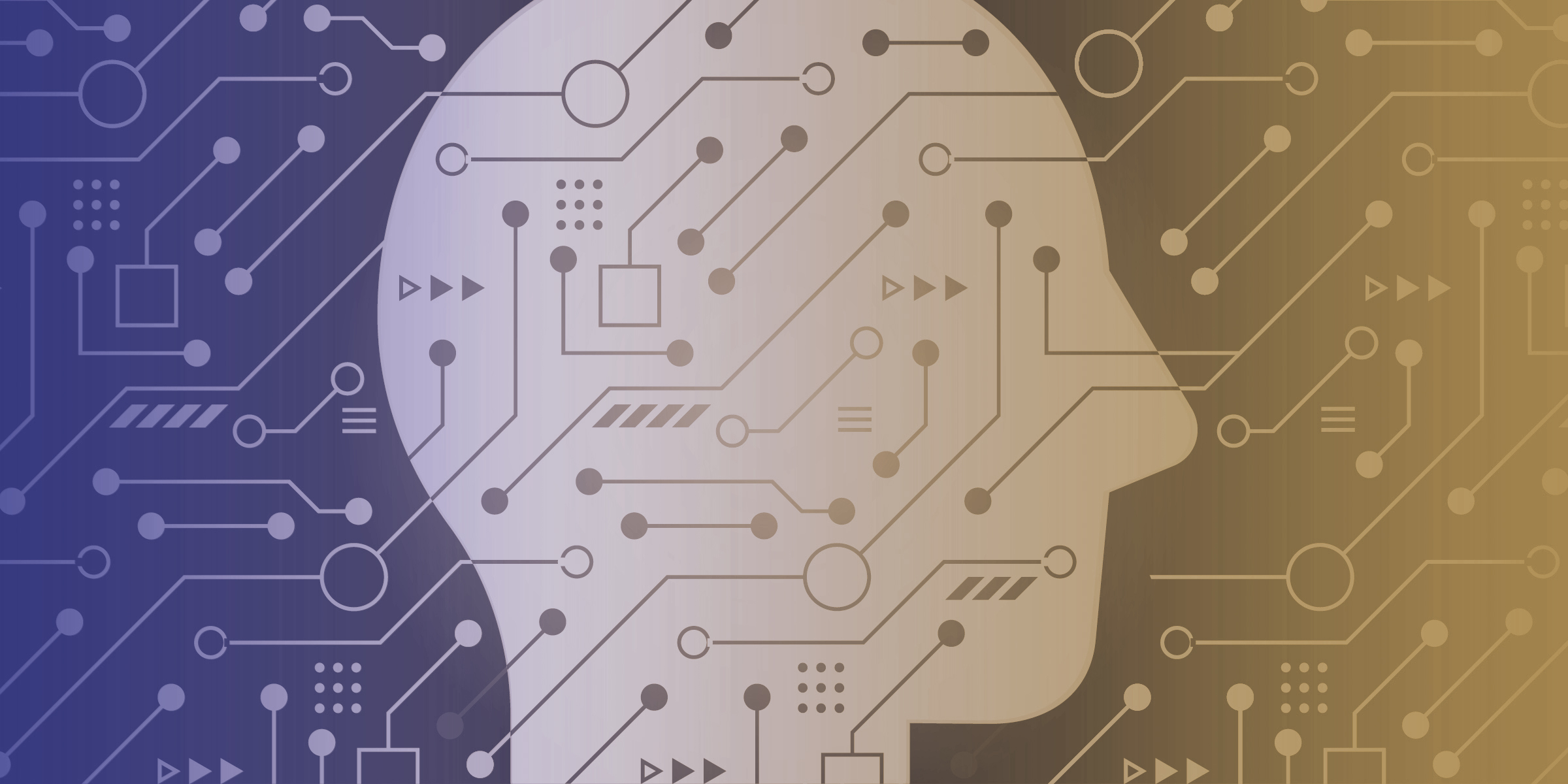- Blog
・ May 9, 2025
AI Agents in Japan’s SaaS Industry

Artificial intelligence is rapidly reshaping industries worldwide, and AI agents are at the forefront of this transformation. These autonomous systems are not only changing how consumers shop and interact with brands—they’re also redefining operational paradigms in the Software as a Service (SaaS) industry.
Given that Japan’s SaaS sector is expected to grow at a compound annual growth rate (CAGR) of 19.31% from 2024 to 2029, their adoption of AI agents could be a game-changer, enabling businesses to enhance automation, optimize customer support and streamline complex workflows. However, Japan’s unique B2B landscape—characterized by long-term relationships, meticulous decision-making processes and a strong emphasis on trust—presents both opportunities and challenges for AI-driven transformation in the SaaS sector.
Let’s take a look at how AI Agents work, what to expect from their implementation in Japan’s B2B market and how these tools and insights can be leveraged to drive unprecedented innovation in SaaS offerings.
What are AI Agents and How Do They Work?
At their core, AI agents are systems capable of autonomously performing tasks on behalf of users or other systems. As noted by IBM, these agents are designed to create workflows and utilize available tools to complete complex tasks. They extend beyond simple natural language processing to incorporate decision-making, problem-solving and dynamic interaction with external environments.
In Japan, where businesses prioritize precision, reliability and long-term relationships, AI agents have the potential to enhance customer support, streamline B2B sales processes and automate repetitive tasks. Leading AI models such as IBM® Granite™ and local LLM developments are helping Japanese companies experiment with AI-driven solutions tailored to domestic business needs. These models empower AI agents to comprehend and respond to user inputs in a step-by-step manner, deciding when to leverage external tools to achieve sophisticated goals. The combination of autonomous planning, execution and continuous learning allows AI agents to adapt to evolving tasks and user expectations.
Why is AI Adoption Different in Japan’s SaaS Market?
Japan’s B2B SaaS sector has grown significantly in recent years, driven by a shift from on-premise software to cloud-based solutions. However, digital transformation in Japan has been historically slow due to several factors:
- Corporate Culture: Hierarchical structures and consensus-based decisions can delay AI adoption.
- Customer Expectations: Personalized service is valued, so AI tools must enhance, not replace, human interaction.
- Legacy Systems: Older infrastructure can make integration with AI systems more complex.
Despite slow AI adoption, Japan’s government and major enterprises are actively pushing for AI-driven digital transformation. Initiatives such as the Digital Agency’s push for AI adoption and increasing investment in automation signal a growing willingness to embrace AI-powered SaaS solutions.
How Are AI Agents Improving Customer Experience in Japan?
The impact of AI agents is perhaps most visible in the retail and consumer service sectors. According to the Harvard Business Review, modern AI agents have evolved from basic chatbots into sophisticated shopping assistants capable of handling product research, price comparisons and even completing purchases autonomously. For example, Perplexity’s “Buy with Pro”—launched in November 2024—enables consumers to set preferences such as budget and delivery timeframes. The AI then scans multiple platforms, evaluates reviews, confirms product availability and finalizes the purchase without direct human involvement.
This evolution is reshaping how consumers interact with brands. As AI agents act as intermediaries, traditional digital touchpoints like websites and apps might see diminished direct traffic, prompting brands to rethink how they optimize their digital presence for AI-driven recommendations.
Japanese companies place a strong emphasis on omotenashi (hospitality) in customer service. AI agents can support this by handling routine inquiries, allowing human agents to focus on high-value interactions. Some financial institutions in Japan are already using AI-powered virtual assistants to streamline customer support, reducing costs while maintaining quality.
For B2B sales, AI agents can analyze customer data, personalize outreach and assist in lead nurturing. Given Japan’s preference for long-term client relationships, AI-driven insights can help sales teams build stronger connections with potential customers.
How Are AI Agents Boosting Productivity for SaaS Companies?
Beyond consumer interactions, AI agents are revolutionizing internal business operations—a trend that holds particular promise for the SaaS industry. The Boston Consulting Group highlights how AI agents are being used to:
- Run Marketing Campaigns: Automating analytics and strategy development.
- Handle Customer Service: Managing repetitive interactions to cut costs and speed up response times.
- Modernize IT Infrastructure: Supporting IT teams in upgrading systems, sometimes improving productivity by 40% or more.
These examples illustrate the transformative potential of AI agents for SaaS companies. By automating routine and complex tasks alike, AI agents not only streamline operations but also free up human talent for more strategic, high-impact work.
What Are The Benefits and Risks of Using AI Agents?
Salesforce emphasizes that AI agents offer a host of benefits that are directly relevant to the SaaS sector:
- Efficiency and 24/7 Availability: AI agents can manage many interactions at once, reducing wait times.
- Customer Satisfaction: Personalized, data-driven responses help build trust.
- Scalability and Consistency: AI tools scale with demand and reduce human error.
However, the adoption of AI agents comes with challenges. Potential risks include multi-agent dependencies that could lead to system-wide vulnerabilities, infinite feedback loops if not properly supervised and significant computational requirements. To mitigate these risks, best practices such as maintaining detailed activity logs, incorporating human oversight and implementing robust interruption mechanisms are crucial.
How Should Companies in Japan Adopt AI Agents?
To successfully integrate AI agents into Japan’s SaaS ecosystem, companies should:
- Adopt a Gradual Implementation Approach: Given the risk-averse nature of Japanese businesses, incremental AI adoption—starting with pilot projects—can help build trust and demonstrate value.
- Ensure Human-AI Collaboration: AI agents should complement human workers rather than replace them, particularly in customer-facing roles.
- Prioritize Data Security and Compliance: AI solutions must align with Japan’s data privacy laws, ensuring transparency and security.
- Localize AI Models for Japanese Business Culture: Customizing AI models to handle keigo (polite language) and business etiquette will improve adoption rates and user satisfaction.
What Does the Future Look Like for AI Agents in Japan’s SaaS Industry?
As Japan continues its digital transformation journey, AI agents are expected to play a critical role in reshaping the SaaS landscape. Companies that strategically integrate AI into their operations—while respecting Japanese business norms—will be well-positioned for growth.
With the market for these technologies growing rapidly, companies must adapt by:
- Investing in AI-Ready Infrastructures: Ensuring that systems can seamlessly integrate with AI agents to support autonomous decision-making and continuous learning.
- Rethinking Customer Engagement: Shifting marketing strategies to create AI-friendly content that appeals to the algorithms driving consumer interactions.
- Prioritizing Data Security: As AI agents rely on vast amounts of personal and operational data, robust data governance and security measures are essential to maintain trust and compliance.
Frequently Asked Questions (FAQs)
Q: What is an AI agent in SaaS?
A: An AI agent is a system that can independently perform tasks such as customer support, data analysis or sales outreach without human input.
Q: Why is AI slower to catch on in Japan?
A: Cultural factors such as consensus decision-making and reliance on legacy systems slow down AI implementation.
Q: Can AI agents maintain Japan’s high customer service standards?
A: Yes, if used properly. They can handle routine tasks and free up staff for more personalized service.
Q: What risks come with AI agents?
A: Key risks include over-dependence, system errors and data security challenges. Human oversight and clear protocols help reduce these risks.
Q: How can businesses start using AI agents in Japan?
A: Begin with small-scale projects, ensure human-AI collaboration and tailor AI behavior to Japanese language and etiquette.
By leveraging AI agents to optimize efficiency, enhance customer experiences and support data-driven decision-making, SaaS companies in Japan can unlock new levels of innovation and competitiveness in an evolving market.
At Custom Media, we’re excited about the future of AI-driven productivity and ready to support our clients–changemakers who drive innovation, create meaningful impact and enrich their communities and business partners.
Is your business on the cutting edge of change, making a real difference in the world? We invite you to connect with us. Together, we can build a future where every action resonates with purpose and impact!
Share
Author
Category
- AI / Technology / SaaS
- Manufacturing
- Professional Services





